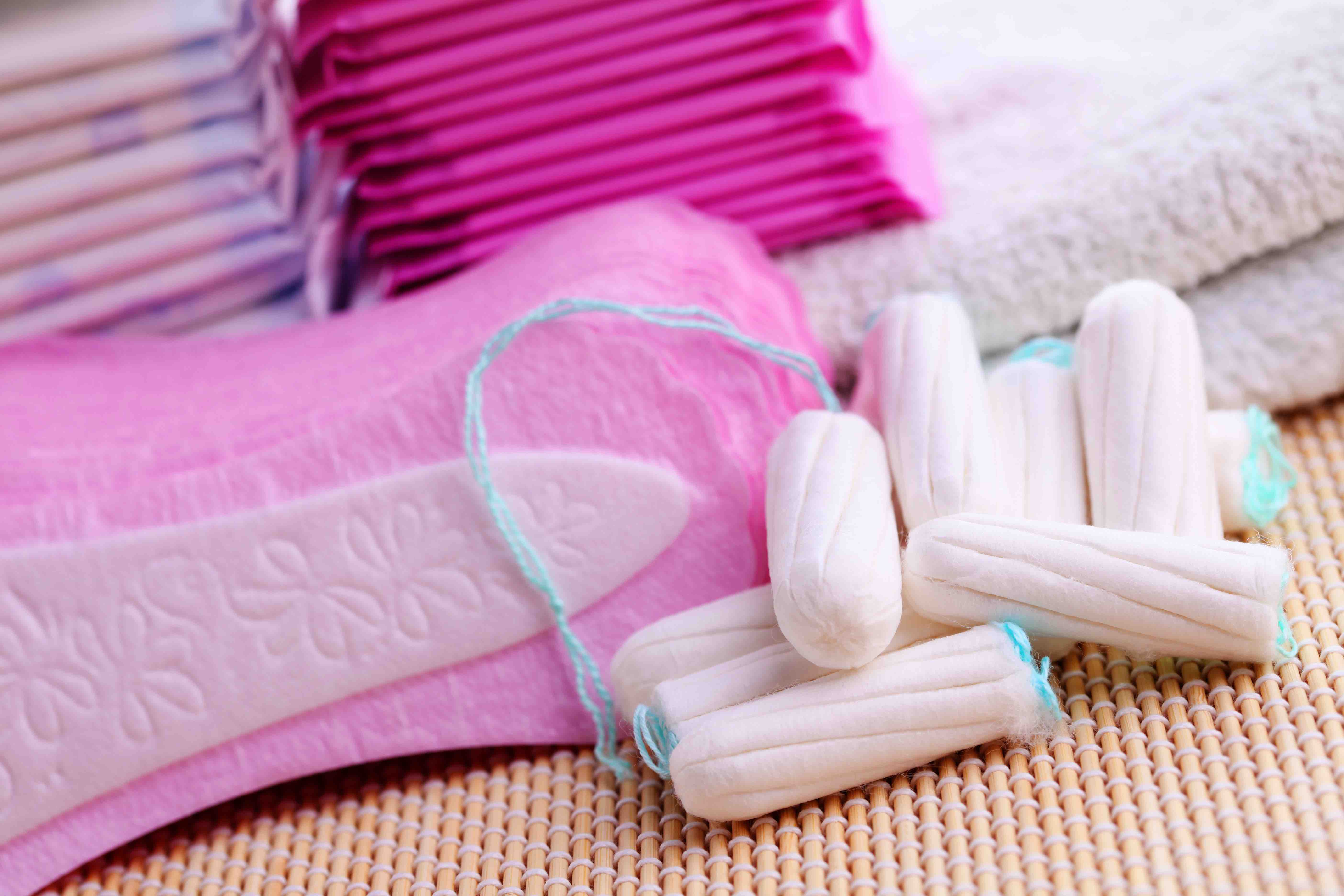In 2018, Bollywood saw the release of Padman, a film based on the life of social entrepreneur Arunachalam Muruganantham. In the film, Muruganantham’s character notices that his wife — like all the women in their village — uses unsterile rags to manage her periods. He asks her to use sanitary pads instead, but she indicates that they are too expensive. The rest of the film follows Muruganantham’s character as he develops a low-cost pad-making machine, all the while grappling with the menstrual taboos common in rural India.
Image Source: Pallava Bagla
Padman is emblematic of the world’s recent and rapidly growing recognition of a long-overlooked public health challenge: menstrual hygiene management (MHM). In many low- and middle-income countries (LMICs), a combination of economic, infrastructural, social, and cultural barriers make it difficult for girls and women to practice good menstrual hygiene. Tradition and lack of resources may dictate that girls and women use unsafe materials (ex. rags, newspaper, leaves) for their blood flow, placing them at risk of infection. These materials may also be insufficiently absorbent, leading to leaks that can embarrass girls and women. In fact, many girls stop attending school once they get their first period — a distressing trend due in part to schools’ lack of appropriate sanitary supplies, clean water, and private toilets. Local superstitions may also perpetuate menstrual stigma and keep girls at home — in many cultures, girls do not participate in social activities while on their period. Oftentimes, even talking about menstruation is considered shameful.
Fortunately, the issue of menstrual hygiene in LMICs has started to garner greater attention and resources. Many different entities (ex. governments, NGOs, United Nations agencies, corporations) across sectors such as health, water, and education are working together to develop affordable, sustainable menstrual products. They are also equipping schools with water and sanitation facilities and providing community-wide education on menstruation to dispel the stigma. Progress on all of these fronts will improve girls’ reproductive health, increase their access to education, and ultimately allow them to lead fuller lives.
Image Source: NurPhoto
Muruganantham’s pad-making machine now makes menstrual hygiene affordable and provides a source of livelihood for women in hundreds of villages across India. Similarly, the nonprofit Sustainable Health Enterprises trains local women entrepreneurs to produce low-cost pads in Rwanda, and the nonprofit Mountains of Hope teaches women and men to make reusable pads in Uganda. For many women, the menstrual hygiene movement is about more than just pads — it is about community, opportunity, and ownership of one’s own life.
Feature Image Source: matka_Wariatka – stock.adobe.com.










